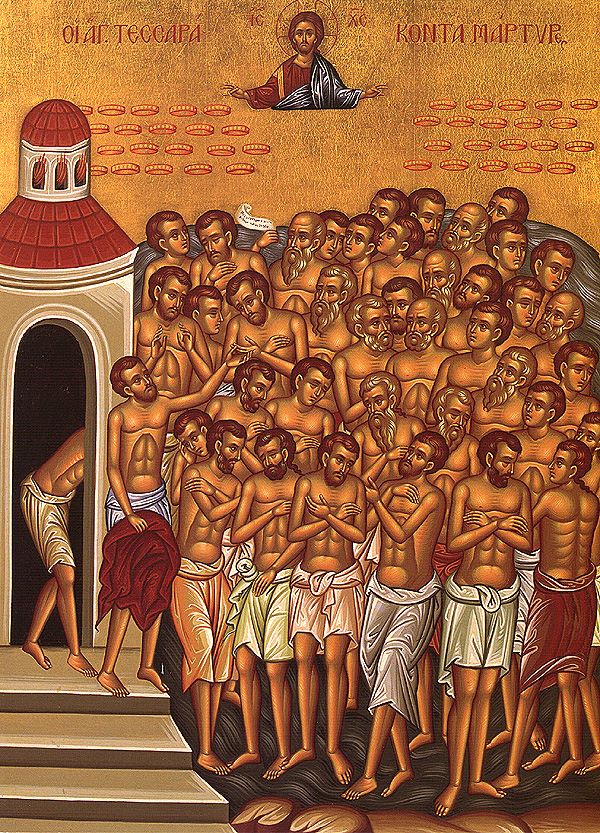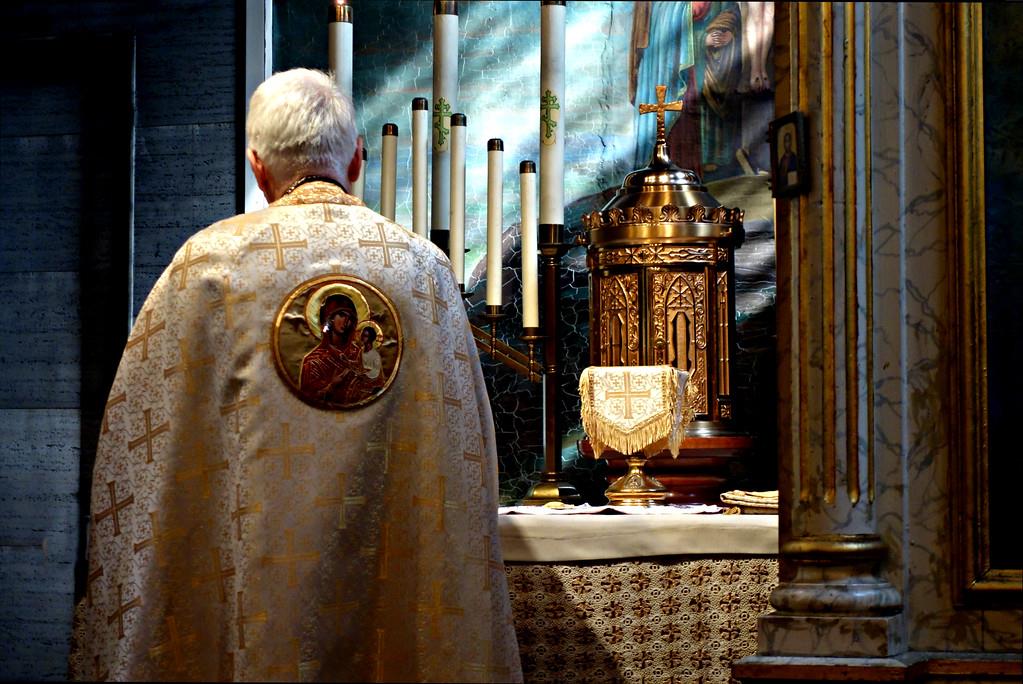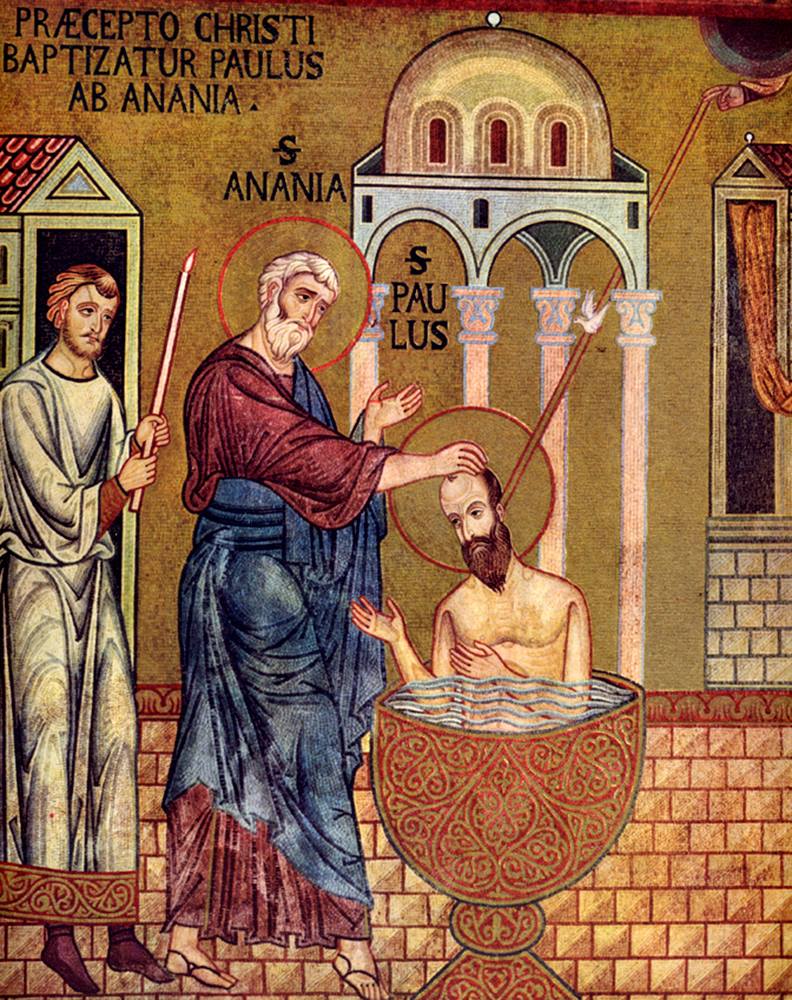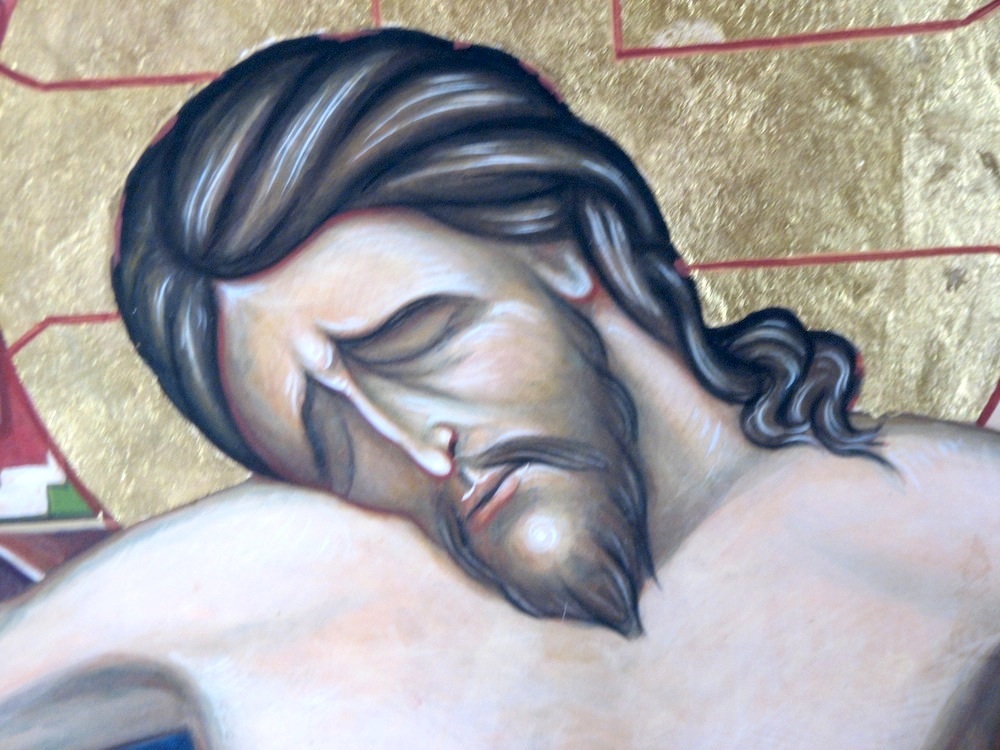Christ is in our midst!
The Vigil Light is offered to God’s greater glory by Olga Pospolita for God’s blessing and health for Stefan and Kerin.
The All Souls’ Saturdays (Sorokousty) will be celebrated on March 16th, March 23rd, March 30th , June 8th. Please take a book found in the entrance of the church, fill it out, place it in envelope, and drop it in the collection basket. Please join us in prayer for the souls of beloved dead.
The Divine Liturgy of the Presanctified Gifts will be celebrated on Wednesday, March 13 at 7:00 p.m. Please come and join in this beautiful tradition of our Church.
THANK YOU to the Ukrainian American Veterans, Post 33, for escorting Ukrainian Minister of Veterans Affairs, Iryna Friz, from Washington D.C. to her various destinations here in Connecticut and for hosting the Luncheon/Reception in her honor. Also thank you to all the people who worked to ensure the luncheon was a success. Together we all made this a “Super Special Event.” ~ Father Iura
Sestrechi will have their next meeting TODAY in Classroom 1 after the 9:00 Divine Liturgy.
The Parish Council will meet tomorrow, Monday, March 11, at 6:00 p.m. in the Holy Name Room. All council members, organization representatives and interested parishioners are invited.
The next meeting of the Knights of Columbus Blessed Metropolitan Andrey Sheptytsky Ukrainian Council will be held tomorrow, Monday, March 11, at 7:00 p.m. in the Holy Name Room. All men of the parish are invited to attend.
Ukrainian American Veterans will have their next meeting of Post 33 on March 17 in Classroom 2 after the 10:30 Divine Liturgy.
We have for sale borcsht, chicken cutlets, pork stew and cabbage with sausage. You can buy them in the church hall after each Divine Liturgy.
Our Sviachene —the traditional Easter parish dinner will be held on Sunday, May 5, following the Divine Liturgy. We will celebrate only one (1) Divine Liturgy at 10:30 a.m. We will be running a raffle. If you would like to donate any items to be raffled, please bring them to our church hall on Sundays before our “Sviachene” or on Sunday, May 5. Also we ask you to donate cakes for desert. We trust that all parishioners will join this parish gathering and through their presence attest to cherishing in our hearts a love for one another which builds our Parish Family.
 Today we celebrate the forty martyrs of Sebaste, witnesses to Jesus Christ as Lord and Savior.
Today we celebrate the forty martyrs of Sebaste, witnesses to Jesus Christ as Lord and Savior. On March 7, the Catholic Herald in London and in Washington, DC, published the following article on the place and beauty of Eastern Catholicism by Jon Anderson:
On March 7, the Catholic Herald in London and in Washington, DC, published the following article on the place and beauty of Eastern Catholicism by Jon Anderson: What does it mean to be a Christian, a follower of Christ? The stichera today remind us of our life in Christ in the holy sacramental mysteries. We anoint ourselves, when chrismated with “the seal of the gift of the Holy Spirit,” but this means virtue. We are baptized, washed with the consecrated water, but it is the water of purity. We are partakers of the Lamb of God, we partake of the sacrifice, we partake of the resurrection, but this is “the brightness of virtue and the goodness of our deeds.” Yes! We need to fast, to deny ourselves, but the fasting itself is not the goal, but our transformation by God’s love into a people that is holy and pure and good.
What does it mean to be a Christian, a follower of Christ? The stichera today remind us of our life in Christ in the holy sacramental mysteries. We anoint ourselves, when chrismated with “the seal of the gift of the Holy Spirit,” but this means virtue. We are baptized, washed with the consecrated water, but it is the water of purity. We are partakers of the Lamb of God, we partake of the sacrifice, we partake of the resurrection, but this is “the brightness of virtue and the goodness of our deeds.” Yes! We need to fast, to deny ourselves, but the fasting itself is not the goal, but our transformation by God’s love into a people that is holy and pure and good. The Church sets aside the next forty days as a period of prayer and penance as a preparation for the Great and Holy Week and the resurrection of our Lord. There are rules about fasting, which we must observe as faithful Christians. However, we must not mistake the true meaning of the Fast. The fast is, truly, a period of spiritual ascesis (struggle), as today’s Gospel tells, us, “Do not store up for yourselves treasures on earth … But store up treasures in heaven” (Matthew 6:19-20). However, it is not like school, where we keep all the class rules and earn gold stars for our obedience. Today’s epistle tells us that the Fast is not about “keeping rules:” “The one who eats must not despise the one who abstains, and the one who abstains must not pass judgment on the one who eats; for God has welcomed him” (Romans 14:3). Yes, we do keep the rules, but we must also transcend the rules.
The Church sets aside the next forty days as a period of prayer and penance as a preparation for the Great and Holy Week and the resurrection of our Lord. There are rules about fasting, which we must observe as faithful Christians. However, we must not mistake the true meaning of the Fast. The fast is, truly, a period of spiritual ascesis (struggle), as today’s Gospel tells, us, “Do not store up for yourselves treasures on earth … But store up treasures in heaven” (Matthew 6:19-20). However, it is not like school, where we keep all the class rules and earn gold stars for our obedience. Today’s epistle tells us that the Fast is not about “keeping rules:” “The one who eats must not despise the one who abstains, and the one who abstains must not pass judgment on the one who eats; for God has welcomed him” (Romans 14:3). Yes, we do keep the rules, but we must also transcend the rules.